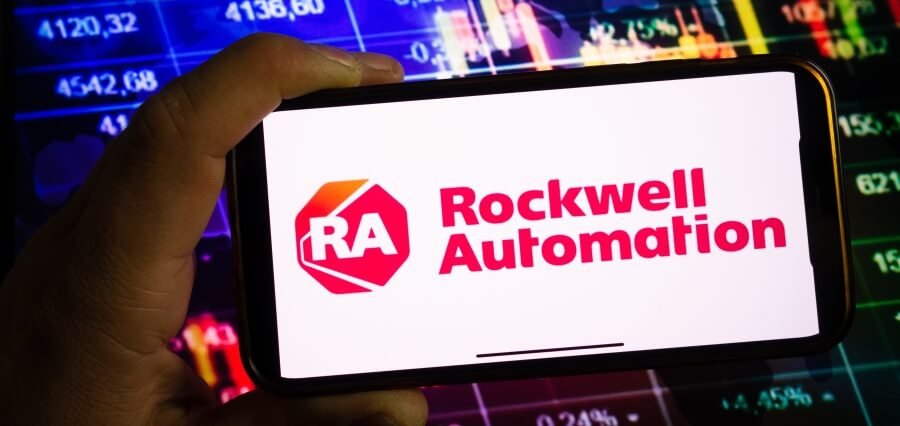Disruptors of Tomorrow
In a rapidly evolving world, revolutionary companies have emerged as the disruptors of tomorrow, transforming industries and redefining how we live and work. These companies, driven by innovation, are challenging traditional business models and setting new standards in technology, sustainability, healthcare, and finance. The rise of these disruptors highlights a shift in global dynamics, as they focus on agility, inclusivity, and cutting-edge solutions.
The Essence of Disruption
At the core of any disruptive company lies a commitment to change. These firms introduce new products or services that fundamentally alter the existing marketplace. What differentiates disruptors is not only the novelty of their offerings but also their ability to shift how entire industries operate. By leveraging advanced technologies like artificial intelligence (AI), blockchain, and renewable energy, these companies create opportunities for enhanced customer experiences and more efficient operations.
Take Netflix, for example. It didn’t just offer an alternative to traditional movie rentals; it fundamentally transformed how people consume media. Starting as a mail-in DVD service, it evolved into a streaming giant, enabling on-demand access to vast content libraries. In doing so, it redefined entertainment consumption and forced traditional media companies to adapt to the new paradigm.
Similarly, companies like Uber and Lyft disrupted the taxi industry by offering ride-sharing services that provided an affordable and more efficient alternative to traditional cab services. Their technological innovations, combined with a focus on customer convenience, forever changed urban transportation.
Tech Titans Leading the Charge
Technology remains the driving force behind many disruptive companies. These tech titans, often startups that begin with a singular vision, are now shaping the future of industries. One prime example is SpaceX, founded by Elon Musk, which is revolutionizing space exploration by reducing the cost of space travel. SpaceX’s reusable rockets are changing the game, pushing humanity closer to becoming an interplanetary species.
Another tech disruptor, Tesla, is pioneering the electric vehicle (EV) revolution. By making EVs more accessible to consumers, Tesla has forced traditional automakers to rethink their approach to sustainability and emissions. Its advances in battery technology and autonomous driving are setting new benchmarks for the future of transportation.
In the realm of AI, companies like OpenAI and DeepMind are breaking boundaries in machine learning and artificial intelligence. These companies are building technologies that promise to revolutionize fields such as healthcare, finance, and education. OpenAI’s language models and DeepMind’s AI-driven solutions are reshaping the way businesses operate, optimizing workflows, and providing smarter, faster solutions to complex problems.
Sustainability Disruptors
One of the most significant shifts in the business world is the focus on sustainability. As the effects of climate change become more pronounced, companies that prioritize eco-friendly solutions are rising to the forefront. Disruptors in this field are not only creating new markets but are also influencing consumer behaviour and driving industry-wide change.
Beyond Meat and Impossible Foods are perfect examples. These companies have taken a meatless approach to the food industry by developing plant-based alternatives that taste and feel like real meat. Their success has spurred a broader movement towards sustainability in food production, inspiring restaurants, grocery chains, and even fast-food giants to offer plant-based options. Their disruptive approach is not only appealing to health-conscious consumers but also addressing environmental concerns related to meat production.
In the renewable energy sector, First Solar and Tesla’s SolarCity are pushing the boundaries of solar energy production and storage. These companies are at the forefront of creating affordable, scalable solutions to harness solar power. By offering consumers and businesses ways to integrate renewable energy into their daily lives, they are reshaping the energy industry and challenging fossil fuel-based companies.
Healthcare Revolutionaries
The healthcare industry is undergoing a transformation fuelled by digital tools, biotechnology, and a shift towards patient-centric models. Companies like Moderna and BioNTech, which developed groundbreaking mRNA vaccines, are disrupting traditional pharmaceutical practices. The rapid development and deployment of vaccines for COVID-19 showcased how biotech companies could leverage new technologies to solve global health challenges.
On a different front, digital health platforms like Teladoc Health and Livongo are changing how patients interact with healthcare professionals. Telemedicine has experienced massive growth, especially during the COVID-19 pandemic. By offering remote consultations, real-time health monitoring, and personalized healthcare plans, these companies are breaking down barriers to access, providing care to individuals in remote or underserved areas.
Additionally, companies like Illumina are advancing the field of genomics by making DNA sequencing more accessible and affordable. Their technologies are laying the groundwork for personalized medicine, allowing healthcare providers to tailor treatments based on an individual’s genetic makeup. This shift from a one-size-fits-all approach to a personalized healthcare model represents a profound disruption in the medical field.
Fintech Innovators
The financial industry, long dominated by traditional banking institutions, is being disrupted by fintech companies that are streamlining services and making financial management more accessible to the average consumer. Stripe and Square are revolutionizing online payments, providing businesses of all sizes with easy-to-use payment processing systems. Their platforms are designed for the digital age, enabling companies to scale quickly without the overhead associated with traditional payment systems.
Robinhood has transformed stock trading by offering commission-free trades and a user-friendly platform, making investing accessible to a broader audience. Its disruptive approach has democratized the world of finance, empowering retail investors to take control of their financial futures. Similarly, Coinbase and Binance have reshaped the cryptocurrency landscape, making digital currencies more accessible to the masses and challenging traditional finance systems.
The Role of Leadership in Disruption
What makes these companies truly revolutionary is the vision and leadership behind them. Leaders like Elon Musk (Tesla, SpaceX), Patrick Collison (Stripe), and Ethan Brown (Beyond Meat) are not just innovators—they are visionaries who challenge the status quo. Their ability to identify unmet needs, take calculated risks, and adapt to changing market conditions has made them stand out in their respective fields.





